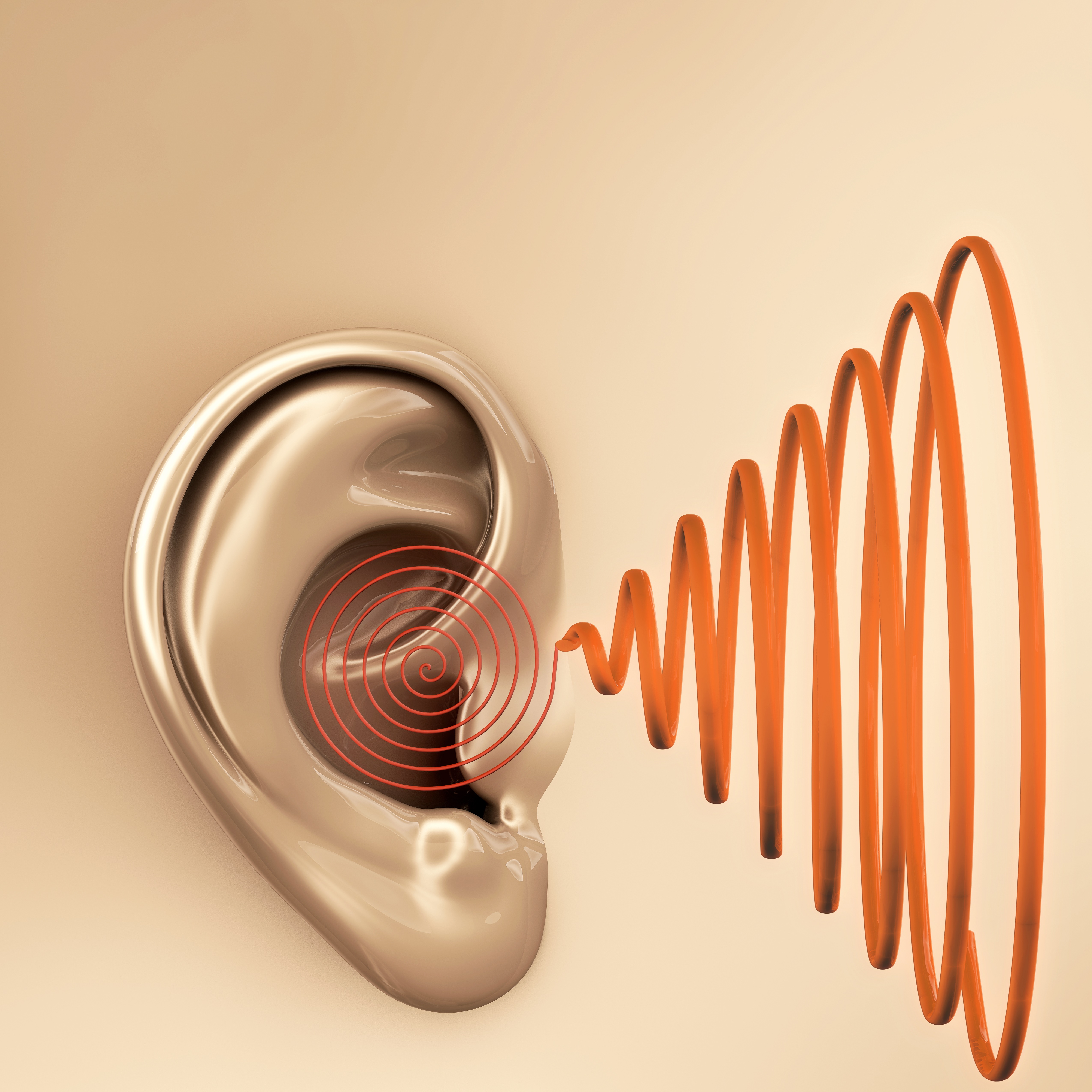Researchers Report Audiovestibular Dysfunction in Systemic Sclerosis Patients
Written by |

 Researchers at Cairo University in Egypt recently published in The Egyptian Rheumatologist journal their findings on auditory dysfunction observed in systemic sclerosis patients. The study is entitled “Otolith function assessment in patients with systemic sclerosis.”
Researchers at Cairo University in Egypt recently published in The Egyptian Rheumatologist journal their findings on auditory dysfunction observed in systemic sclerosis patients. The study is entitled “Otolith function assessment in patients with systemic sclerosis.”
Systemic sclerosis, also known as scleroderma, is a rare, chronic autoimmune disease in which the body’s own immune system attacks healthy tissues resulting in a hardening and tightening of the skin and connective tissues. Scleroderma usually affects the skin, but it can also affect internal organs such as the lungs, blood vessels and the digestive tract, being more common among women than men.
It has been previously reported that patients with connective tissue disorders, such as systemic sclerosis, experience audiovestibular dysfunction related to hearing and balance abilities. It is thought that delicate structures within the ear can be susceptible to fibrosis in these patients, which can lead to auditory dysfunction. In this study, researchers investigated the role of the otolith organ, a structure of the inner ear vestibular system that is sensitive to gravity and movement, in systemic sclerosis patients.
Researchers evaluated 30 systemic sclerosis patients, 26 women and 4 men with a mean age of 40.1 years, and 30 healthy controls. Data was collected regarding clinical history, evaluation of disease severity by modified Rodnan skin score (mRss, a skin thickness score), medical examination, and relevant radiological and laboratory tests. The otolith function was assessed by vestibular evoked myogenic potentials (VEMP) technique and the auditory evaluation was performed using pure tone audiometry (PTA), speech audiometry and tympanometry.
The audiovestibular symptoms identified in the systemic sclerosis patients assessed were hearing loss (43%), vertigo (60%), and tinnitus (20%), which is the feeling of ringing in the ears. Researchers found by PTA evaluation that 36.6% of the patients (11 out of 30) had bilateral sensorineural hearing loss, whereas tympanometry was normal in all patients. 80% (24 patients) had an abnormal VEMP response, and in these patients, a higher mRss score (skin thickening) was found compared to patients with normal VEMP. It was also found that hearing loss was significantly associated with older patients and longer disease duration, while abnormal VEMP responses were neither linked with age nor disease duration.
The team concluded that there is an association between systemic sclerosis and inner ear function resulting in audiovestibular abnormalities. This audiovestibular dysfunction can be easily overlooked, so researchers suggest that regular audiovestibular evaluation by PTA and VEMP techniques should be performed in systemic sclerosis patients.





